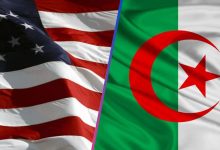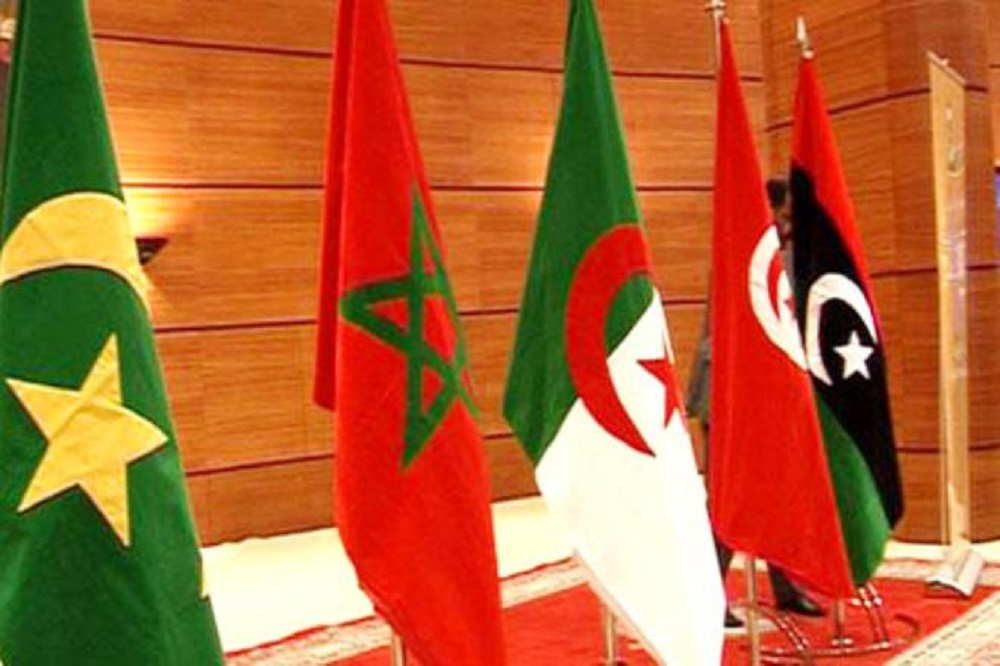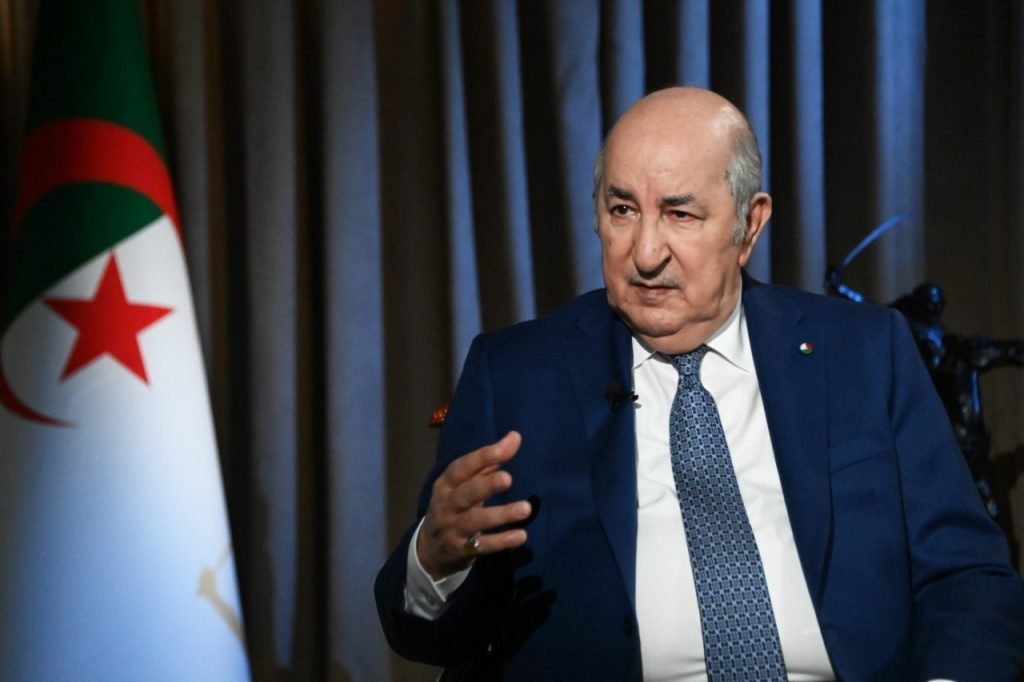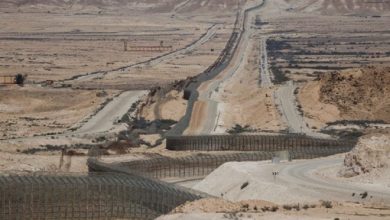News
Moncef Marzouki Accuses Algeria of Blocking Maghreb Unity
Former Tunisian president blames Algeria for obstructing Maghreb integration over border disputes.
Watan-Former Tunisian President Moncef Marzouki directly accused Algeria of obstructing Maghreb rapprochement, holding it responsible for the failure of the Maghreb Union project and the deepening divisions among the region’s countries. Marzouki made these remarks during a televised interview, where he stated that Algeria had rejected the “Five Freedoms” proposal he introduced during his tenure following Tunisia’s Jasmine Revolution. He claimed that this rejection led to the failure of the initiative, which aimed to enhance cooperation among the peoples of the Maghreb.








